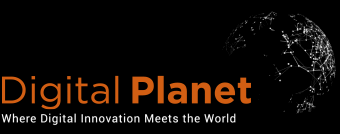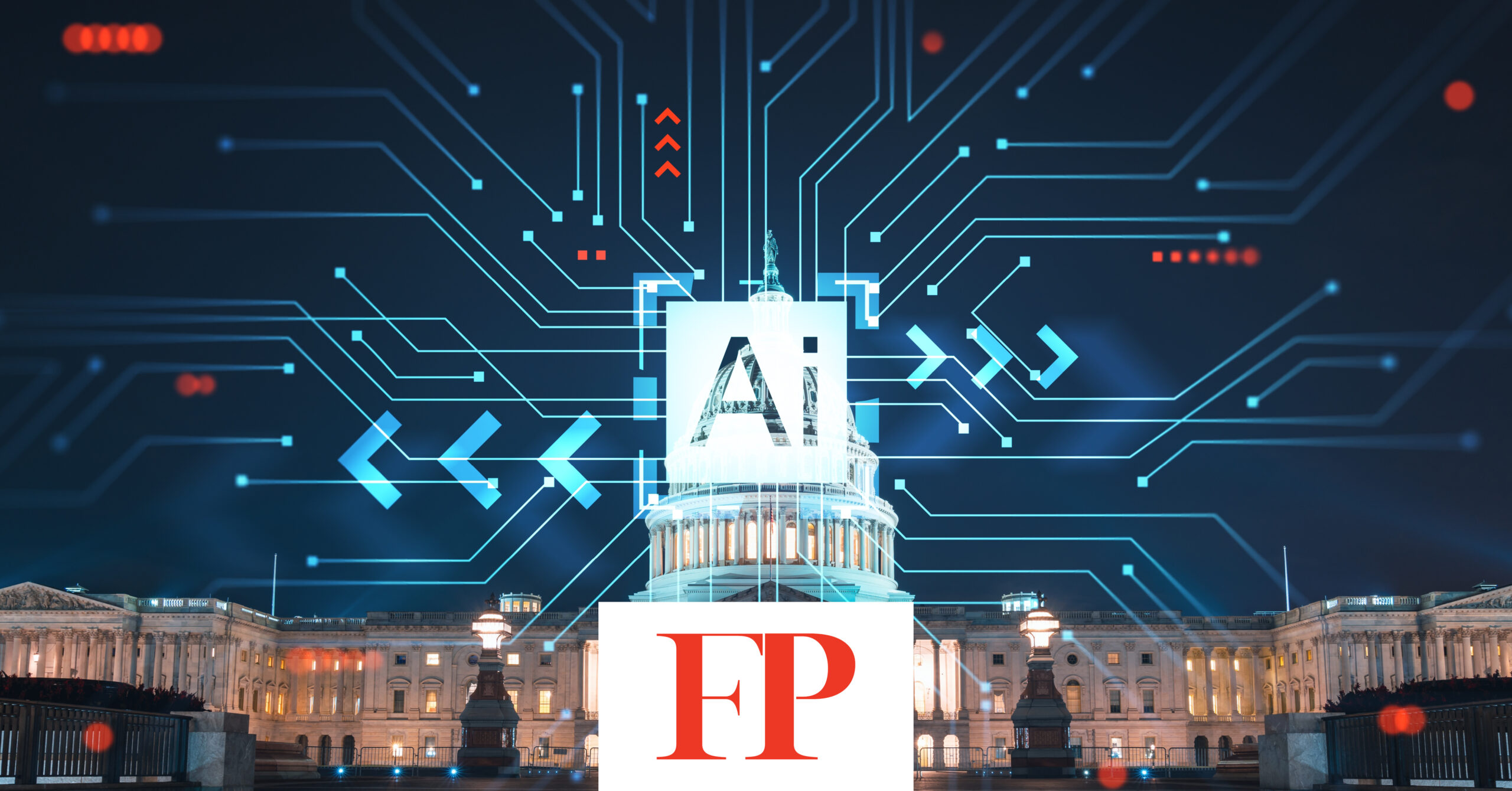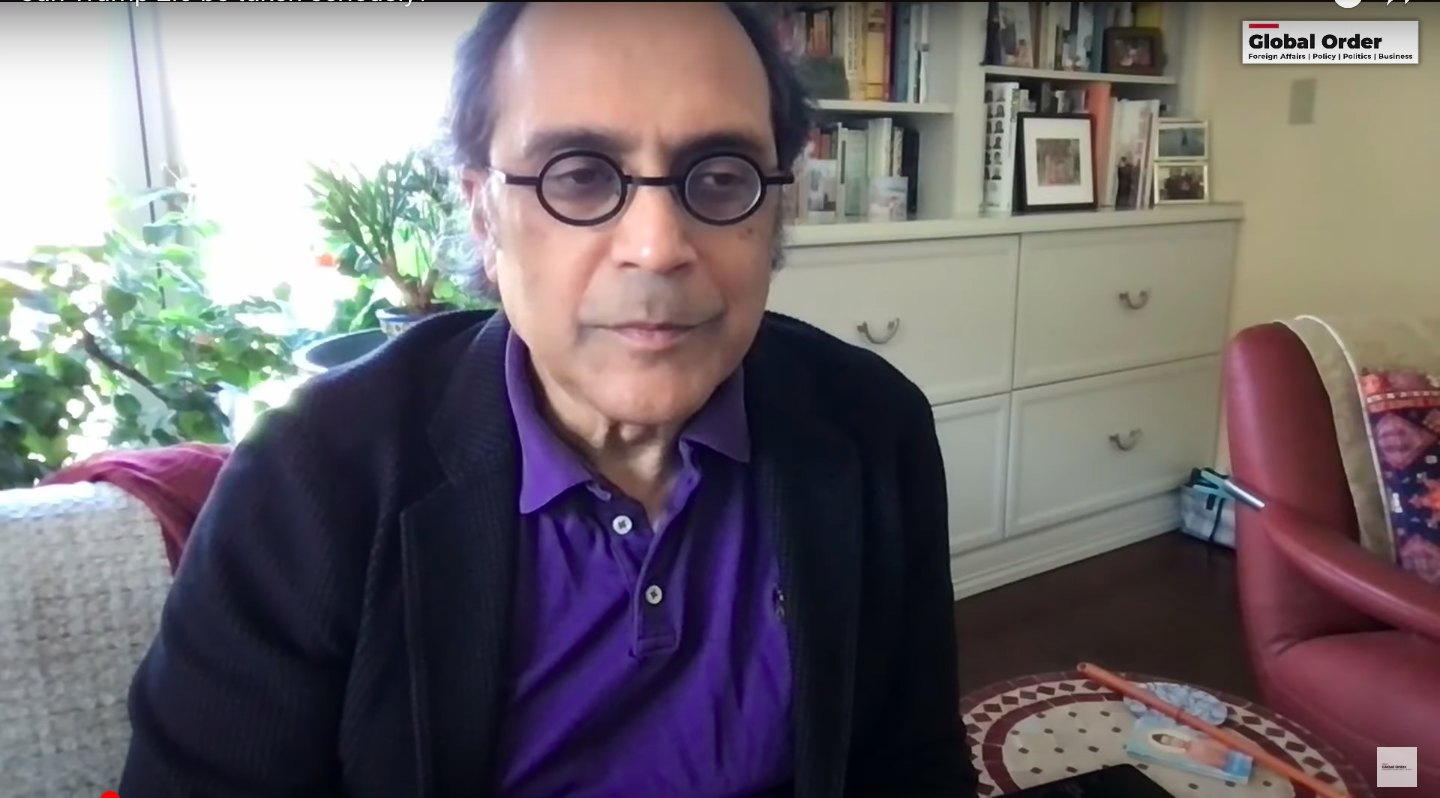As AI expands into more and more facets of our lives, there is also more scrutiny on who is developing it. Building ethical AI that works for everyone will require a diverse workforce that brings a broad range of perspectives.

Harvard Business Review Bhaskar Chakravorti, Ajay Bhalla, Ravi Shankar Chaturvedi, and Christina Filipovic discuss the top 50 cities for Artificial Intelligence (AI) talent. The co-author’s write about the need for a more diverse workforce − with a wide range of perspectives to make sure that AI is built and deployed in ways that are ethical and protect civil rights and freedoms.
Research conducted by the Digital Planet team at the Fletcher School at Tufts University shows that 17 percent of the AI talent pool is female as compared to 27 percent in STEM. And Black workers constitute only 11.8 percent of the AI workforce, according to the Center for Security and Emerging Technology at Georgetown University.
AI is influenced by such world views as gender, race, ethnicity, and geography; therefore, it is critical in AI that the people creating it are diverse and inclusive because it has such a profound impact on the end result. Therefore, AI needs to recruit talent from a large, diverse group of people from around the globe and not just from the San Francisco Bay area and other tech hubs.











